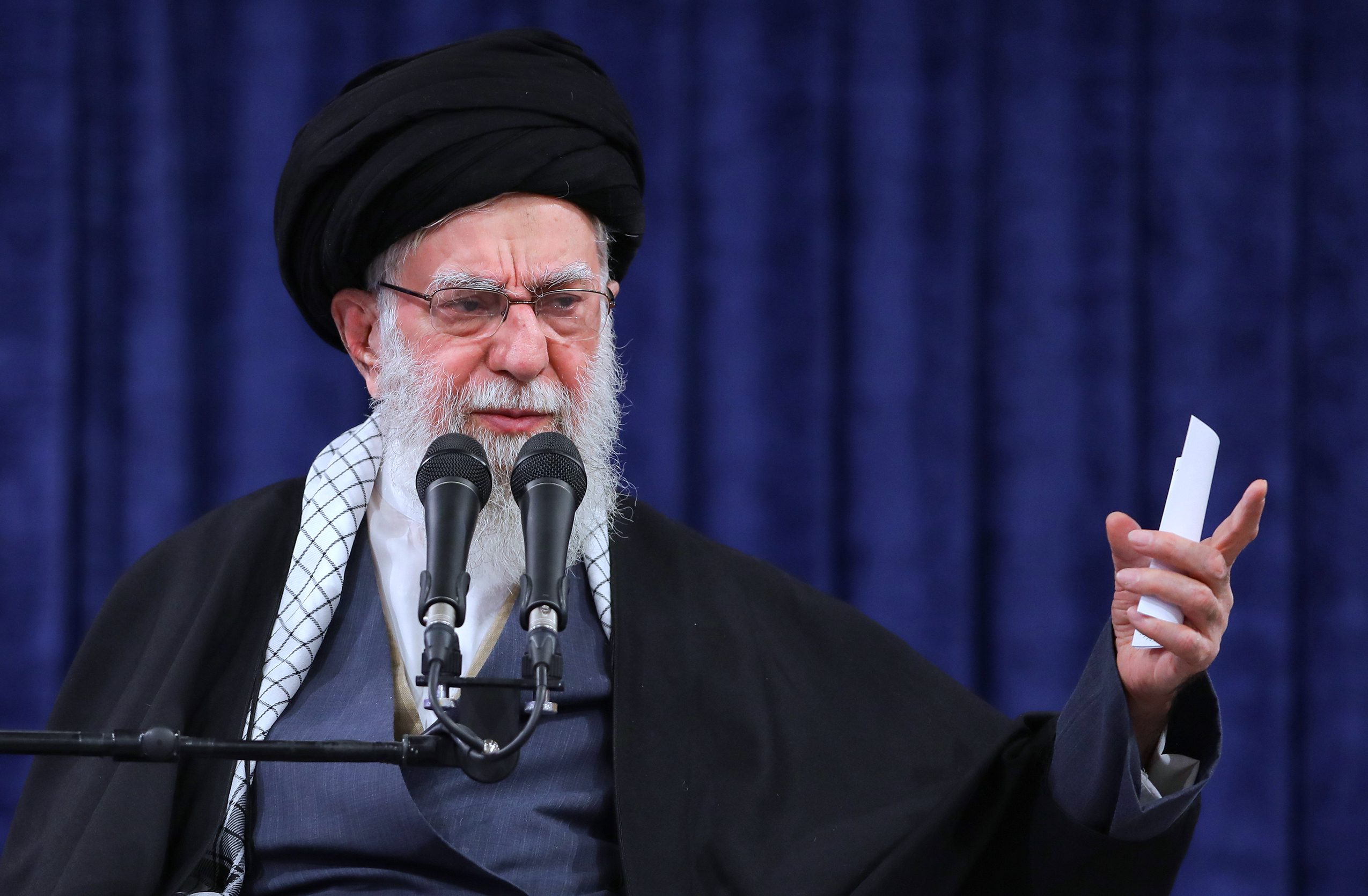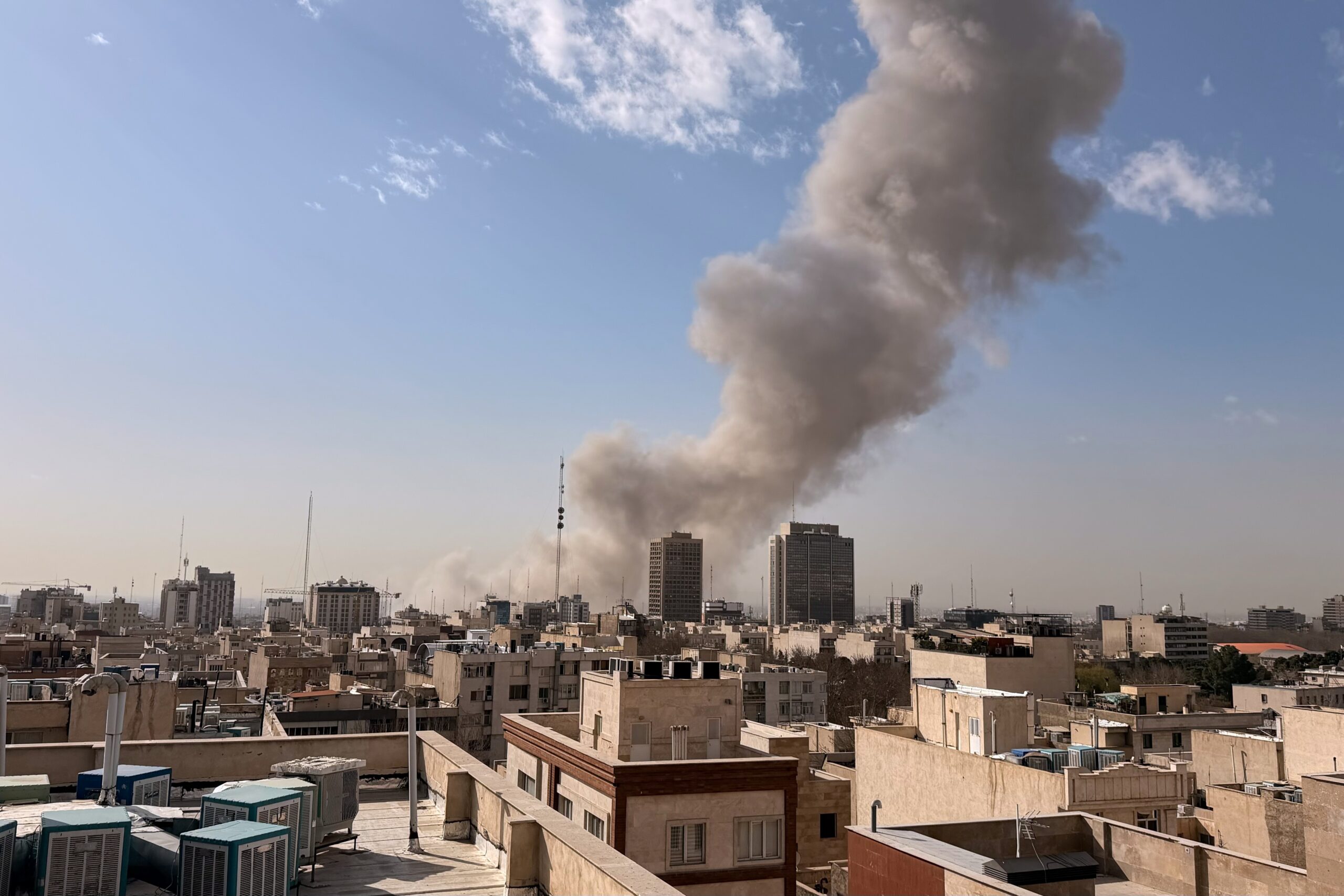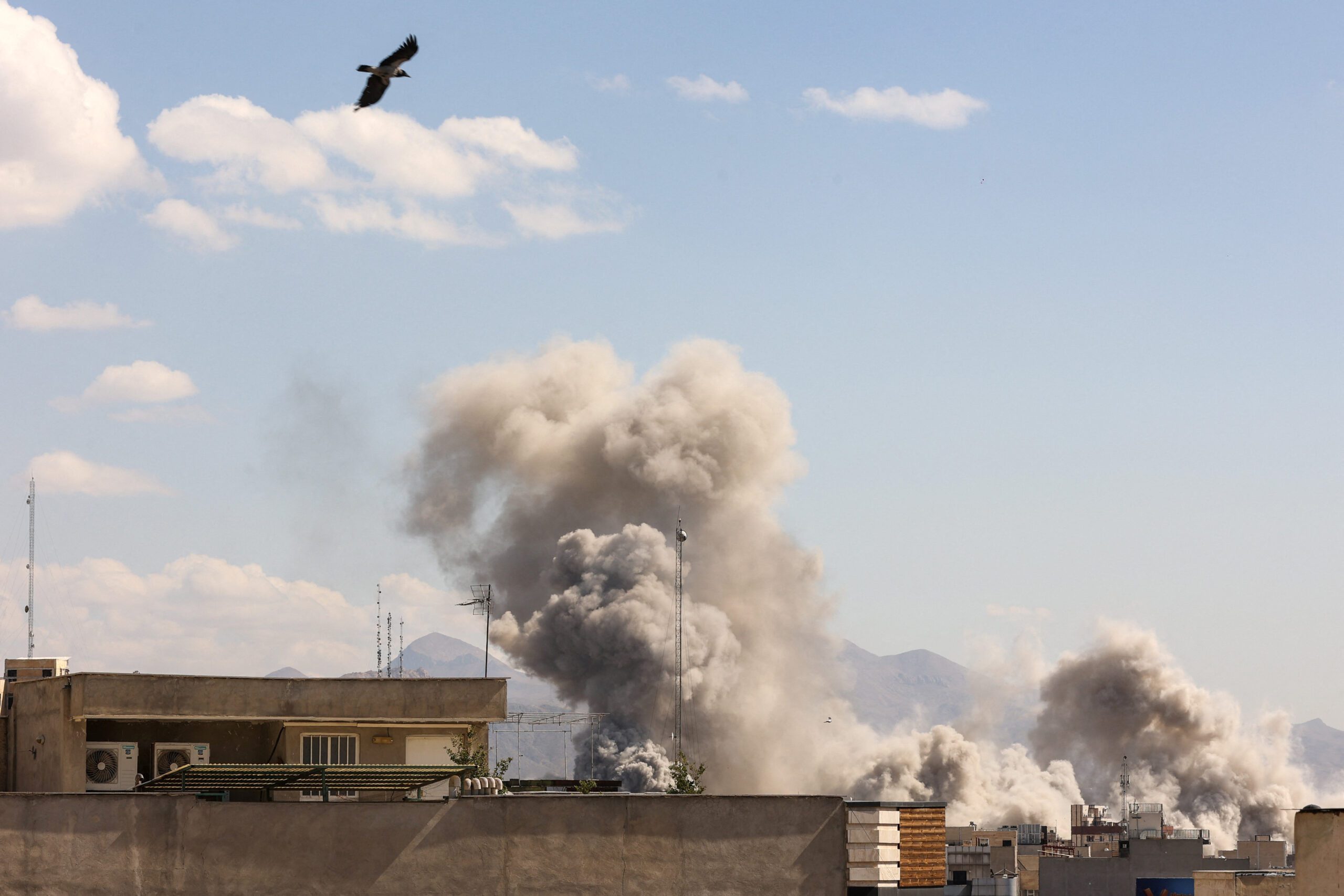Aug 1, 2023
Potential Presidential Candidate? Former Foreign Minister Salehi Urges Talks With the U.S.
The August 1 edition of the Iran Media Review examines former Iranian Foreign Minister Ali Akbar Salehi’s call for a more balanced foreign policy.
Ali Akbar Salehi, the former head of the Atomic Energy Organization of Iran and later Iran’s minister of foreign affairs, personifies the managerial elites of Iran, whose resourcefulness has kept the regime afloat throughout 44 years of revolutionary adventurism and self-imposed crises. As with other members of the managerial class, Salehi has hitherto preferred to operate outside of the limelight. Therefore, the somewhat media-shy Salehi’s interview with reformist Entekhab News is remarkable in itself, and the substance of the interview resembles the beginning of a political campaign: Salehi delivers a fairly balanced assessment of the historical role of the United States regarding Iran, sounds apologetic in his commentary on the 1979 seizure of the U.S. Embassy in Tehran and ensuing hostage affair, admits the regime’s shortcomings, and urges talks with the United States to improve conditions for Iranians suffering under sanctions and poor economic management at home. A similar approach secured Hassan Rouhani two consecutive terms in office as president, and Salehi certainly resembles a presidential candidate.
- July 22: In an interview with Entekhab News, Salehi said:
- “Over the course of the past 44 years, relations between the Islamic Republic of Iran and the United States were impacted by negative historical experiences … For example, we tell them, ‘You caused a deviation in the trajectory of Iranian history through a coup,’” referencing the 1953 coup against nationalist Prime Minister Mohammad Mosaddegh, “and the Americans, too, admit they did,” a reference to former Secretary of State Madeleine Albright’s 2000 statement that “the United States played a significant role in orchestrating the overthrow of” Mosaddegh. Salehi continued: “However, we must not forget … the Soviet Union continued to occupy considerable parts of Iranian territory after the end of World War II … And it was” U.S. President Harry Truman’s “warning to the Soviets” that made the Red Army leave Iranian territory. Salehi concluded: “Imagine if we, God forbid, had lost another part of our country … Had it not been for Truman’s warning, we may have witnessed the separation of another part of our country.”
- Salehi claimed that after the victory of the 1979 Islamic Revolution, “the Americans mobilized their intelligence forces and engaged in activities that led the enthusiastic youth to occupy the U.S. Embassy in Tehran. We could have acted in a different way. Rather than occupying the embassy, arguing it is ‘the den of spies,’ we could have, within the framework of diplomacy, asked them to close down their embassy, downgrade their level of diplomatic representation, or tens of other things rather than occupying the place and facing the unpleasant consequences we all are familiar with … Some of our behavior was unwise and emotional, carried out under the banner of the revolution but in its essence nonrevolutionary. Revolutionary deeds are wise in their substance and not chaotic and revolutionary in name only … There were those whose understanding of being revolutionary was doing whatever you want. On the contrary, being revolutionary requires a greater degree of strategy, wisdom, and knowledge.”
- “There were those who were executed” by the regime “in the midst of the revolution, such as Mehdi Hashemi and others who were exporting arms and explosives to some parts of the world. These things were widely reported in the media, but let the long-term destructive impact of such deeds be” undiscussed. Salehi’s allusion to “deeds” appears intentionally ambiguous and can be interpreted as a reference to Mehdi Hashemi’s involvement in Iran’s policy of exporting its revolution beyond its borders or his leaking of the secret arms-for-hostages arrangement between Iran and the United States in the 1980s.
- “In a word, if we want to discuss what the ideal of the revolution was, it was the happiness of the nation both economically and spiritually … However, after the Iraqi invasion of Iran, defense became the priority of the state … Over the course of the past 44 years, our management has been inadequate, and I, like many others, did not manage to perform successfully. Needless to say, the economic conditions, and in general the livelihood of the people, are not in good shape … Poverty can be a prelude to turning away from religion … and we are facing multiple social problems due to economic hardship.”
- Pointing at the U.S. strategy for containing Iran and its relative success, Salehi said: “There are those who argue the United States is a power in decline. Alright, let us assume it is so, but when will it decline? If the decline takes place within a year, we can wait, but let us assume the United States does not decline within the next 30 years. What should we do in the meantime? We must somehow solve our problems.”
- More importantly, Salehi suggested: “I think the time has come for a comprehensive dialogue … Let us call it a political dialogue, which is comprehensive … These talks can include regional security, economic issues – well, everything … Engaging in such a dialogue requires us to have a few things up our sleeves. We have certain elements of power in the region. Our military element is strong and real, but let us not exaggerate: We cannot compare ourselves with the great military powers of the world, but we are fully capable of defending ourselves … Next, in order to engage in such talks, we are in need of national unity … If our counterpart sees that the nation and the state are standing hand in hand, it will deal with us differently … And finally, we must not do things that give others a pretext to upset our plans.”
The views represented herein are the author's or speaker's own and do not necessarily reflect the views of AGSI, its staff, or its board of directors.


















